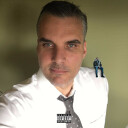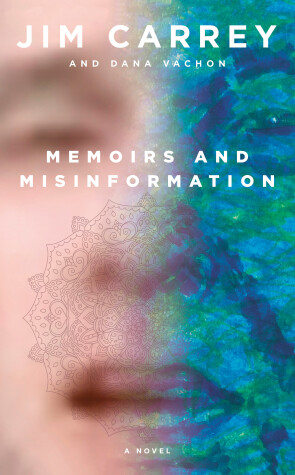
Kevin Costain
Truth or fiction? This is the question I started with. Even before reading a word of the prologue, I thought - what if it’s more about finding the truth in the fiction instead of figuring out what is true or not? By the time you read the name “Georgie DeBusschere,” you’ll be well-acquainted with the fiction Carrey’s book. The truth, however, seems to be another matter. The key to Memoirs and Misinformation will be to unearth something true in all of this fictional tale of a maybe-fictional actor named Jim Carrey. Gosh, just reading that must make it seem like it's gone off the rails immediately.
With lines like: “She moved toward him like a heat-seeking credenza,” you kind of know the flourishes about to be unleashed. I think of that line being constructed by Vachon with the idea of Carrey’s manic subconscious.
And Charlie Kaufman, who here is trying to make is Mao Zetung opus with Carrey makes an observation about what’s wrong with our lives: “We live in a crumbling multiethnic Ponzi-scheme society requiring a highly policed cultural environment to avoid outright chaos. That’s the problem.” The ringing of truth in this fiction is there in its own way, clearly.
I think much of this is close-to-true or hyper-real or as false as streams of consciousness can become. The “Hungry Hungry Hippos in Digital 3D.” is very likely cross-connected to "Sonic: The Hedgehog," but in no way that we mortals can connect directly.
I loved it all. This felt so much like what might be one of Carrey's riff on society and fame today. The meaning will be always be left to the reader.
